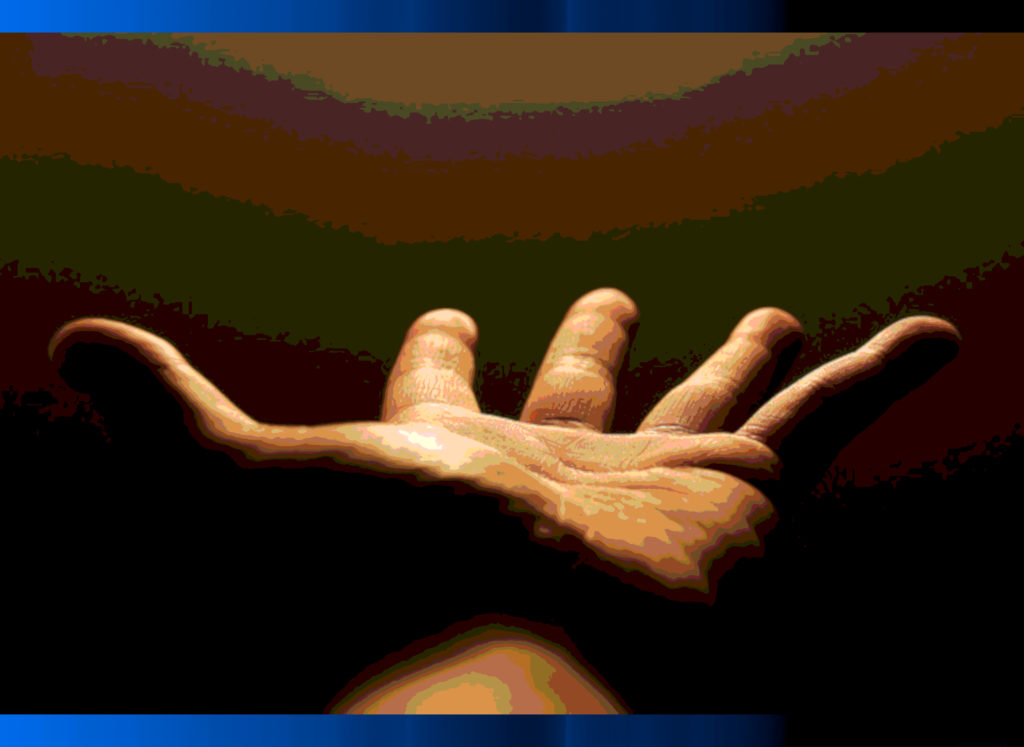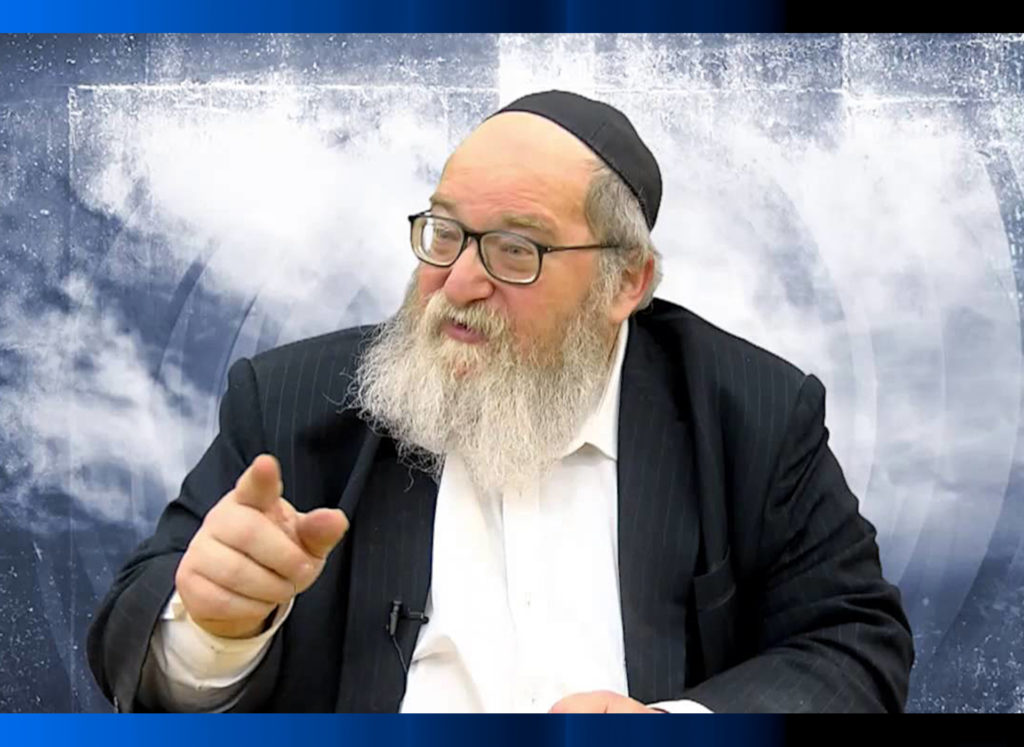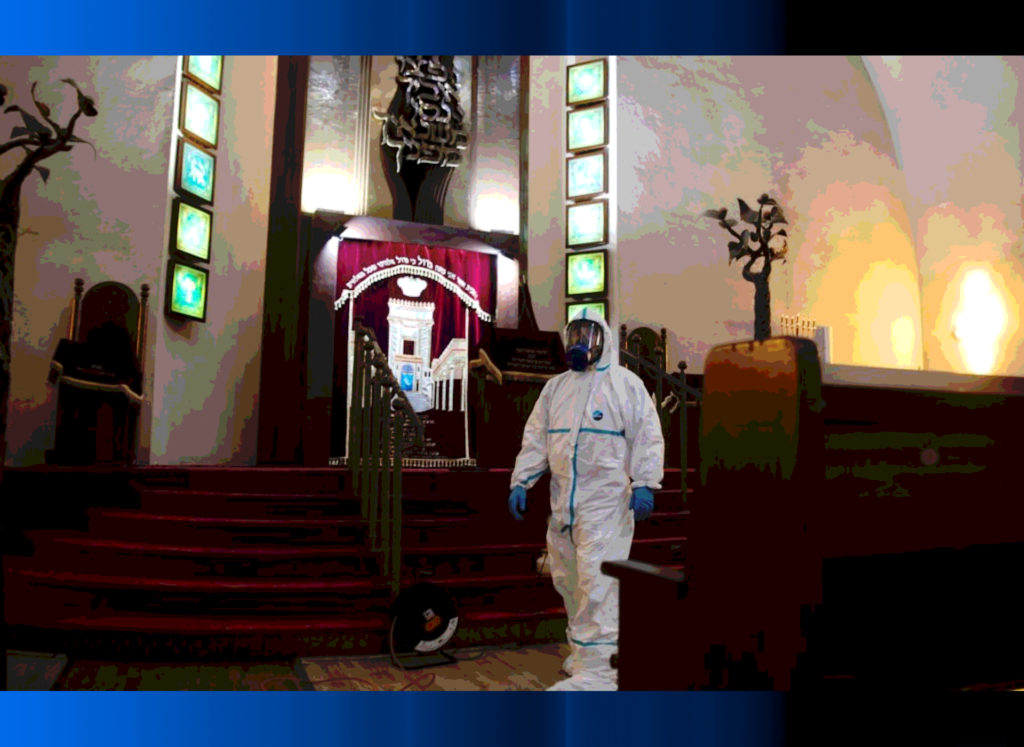(3 – 4 Minute Read)

Leviticus 12:1 – 15:33
The Torah parasha, or portion, of Tazria-Metzora primarily discusses the malady, quarantine, and remedy of tzaraat. Tzaraat is commonly translated as “leprosy” in English. However, this is a misnomer, as tzaraat does not relate to the ailment called Hanson’s disease, that is commonly referred to as leprosy. Instead, tzaraat, or “Biblical leprosy,” is a spiritual affliction with specific physical effects that requires Levitical procedure to be remedied.
The Torah goes into great detail about the disease of tzaraat as well as the appropriate response thereto. The technical aspects can be very complicated. But the premise is that an individual with a white, scaly skin infection must present himself or herself to the kohen, or Levitical priest, to determine if he or she is a metzorah, or Biblical leper. The kohen, or priest, examines the skin infection and determines if it qualifies as tzaraat, or if he needs to reassess the infection a week later. While the possible metzorah waits a week for a more concrete verdict from the kohen, or priest, he or she is isolated in a state of quarantine. If the kohen, or priest, determines that the afflicted person is in fact a contaminated metzorah (Biblical leper), then the metzorah must be isolated “outside of the camp,” i.e. outside of the Jewish community and population center in a state of uncleanness. The metzorah remains isolated until there is a change in the tzaraat that would require a new examination by the kohen, or priest, and a possible cancellation of the external quarantine.

Rabbi Yitzchak Breitowitz has taught at length about the nature of tzaraat as well as the spiritual lessons that we can derive from these Torah portions. He also noted that we can find some particular areas of relatability to these teachings as we ourselves have experienced a form of pseudo-quarantine with the current outbreak of COVID-19, or Coronavirus.
As Rabbi Breitowitz points out, the case of the metzorah and tzaraat, or Biblical leprosy, is the only instance of quarantine mentioned in the Torah. Tzaraat can exhibit itself in three forms: tzaraat of the body, tzaraat of the clothing, and tzaraat of the home. Tzaraat is a physical ailment that results from an inner spiritual “disease,” namely lishon hara (negative speech and/or slander), arrogance, and selfish greed. And these spiritual infirmities generally result in tzaraat of the body, clothing, and home respectively. Presently, tzaraat does not exist in modern times, since a functioning system of kohenim (Levitical priests) in the Miskhan or Beit HaMikdash (Tabernacle or Temple) are required to diagnose and remedy the ailment.
Tzaraat in the body primarily indicates that the afflicted person, or metzorah, is guilty of significant lishon hara, or negative speech. The Torah tells us that Miriam was infected with tzaraat briefly after speaking badly of her brother and the leader of the Jewish people, Moses (Numbers 12).
Rabbi Breitowitz indicates that the “metzorah experience” of requiring Levitical examination, quarantine, and possible external isolation can teach the metzorah three key lessons, especially in light of their guilt of lishon hara, or negative speech.

First, the metzorah is reminded of the power of speech. The kohen, or Levitical priest, must examine the potential skin infection and then declare if it is tzaraat or an unrelated ailment (that doesn’t require the Torah-based Levitical procedures). The metzorah has affected the lives of others with his or her negative speech, or lishon hara. But now he or she is dependent on the speech of another, i.e. the Levitical priest, to positively or negatively affect his or her own life.
Second, according to Pirkei Avot, or “The Ethics of the Fathers,” Aaron was an “ohev shalom,” or “lover and pursuer of peace.” Accordingly, Aaron was the first kohen hagadol, or high priest, and representative of the roles of all future Levitical priests. The Levitical priests build and support the Jewish community through various actions, many of which require positive and/or Torah-based speech, such as birkat hakohenim, or the priestly blessing. Thus, the metzorah who disrupted the lives of others in the Jewish community with destructive speech must now align himself or herself with the “peace-loving” priest and cooperate with him in order to be released from pending quarantine and/or external isolation “outside the camp.”
Third, when the metzorah is in quarantine or external isolation, he or she is prevented from “infecting” the Jewish community with the “disease” of additional lishon hara, or negative speech. Similarly, lishon hara destroys families and communities. The metzorah is placed in a position of isolation in order to help him or her appreciate the value of family, community, and togetherness. Ideally the metzorah learns from isolation and deprivation of family and community the importance and value of these institutions. And accordingly the metzorah would then be motivated to repent and do teshuvah, which would result in a diminishment of the tzaraat that would ultimately end the quarantine and/or external isolation.
To be clear, Rabbi Yitzchak Breitowitz is not saying that Coronavirus is a result of a global punishment for lishon hara (and neither is anyone else, for that matter). Rabbi Breitowitz is saying, however, that we are in a unique opportunity to use this awful situation to reach higher levels of appreciation for our communities and Jewish institutions that we have unfortunately had to refrain from visiting during the pandemic. Just as the metzorah is taught higher levels of gratitude for the community, we can also better appreciate the blessings of our Jewish community and the synagogues, yeshivas, and other institutions thereof.

On a similar vein, my wife and I were discussing the lockdowns and partial quarantines that have affected Jews (and others) all over the world. We have commented that we are so blessed that we actually like each other and get along very well. And in light of the Torah portion of Tazria-Metzora, a thought occurred to me. The quality of our semi-quarantine is determined largely by how we speak to each other. My wife and I are usually very good at being kind, respectful, and loving towards each other. Thus, the time we are spending together working from home as well as spending all of Shabbat and yom tov together has mostly been very pleasant (considering the circumstances). However, on a few brief occasions our speech and conduct wasn’t as loving and patient as it could have been. In that case, we had to deal with the ensuing argument, since we had nowhere we could go.
The point is that the COVID-19 restrictions have taught me and my wife a valuable lesson in the importance of being kind, loving, and patient, especially with our speech. By being locked down in our home, our “personal universe” has been reduced to our small two bedroom apartment. And we need to do everything we can to make sure that our speech and conduct preserves the sanctity and shalom beit (peace in the home) of our own “mini-world.” And I think that idea relates to the spiritual lessons of Tazria-Metzora as outlined by Rabbi Breitowitz. If an individual is going to be destructive to the community, then he or she becomes a metzorah and has his or her “personal universe” restricted to a solitary existence in quarantine or isolation “outside the camp.” And it is in that restricted “mini-universe” of isolation that the metzorah learns how to change their lishon hara into positive speech that builds up families and communities, rather than damage and destroy them.
May the Holy One, Blessed Be He, grant us all to be kind and loving to one another, especially in our words. And may we all experience a global refuah shleima, or speedy recovery, and return soon to our Jewish communities with a new-found appreciation for our synagogues, yeshivas, and other institutions, as well as for the hard-working rabbis and leadership thereof.
For more on this topic, please watch Rabbi Yitzchak Breitowitz’s full shiyur, or lesson, on YouTube hosted by Yiboneh. Please click the “Torah Tuesday’s with Yiboneh” image below.




